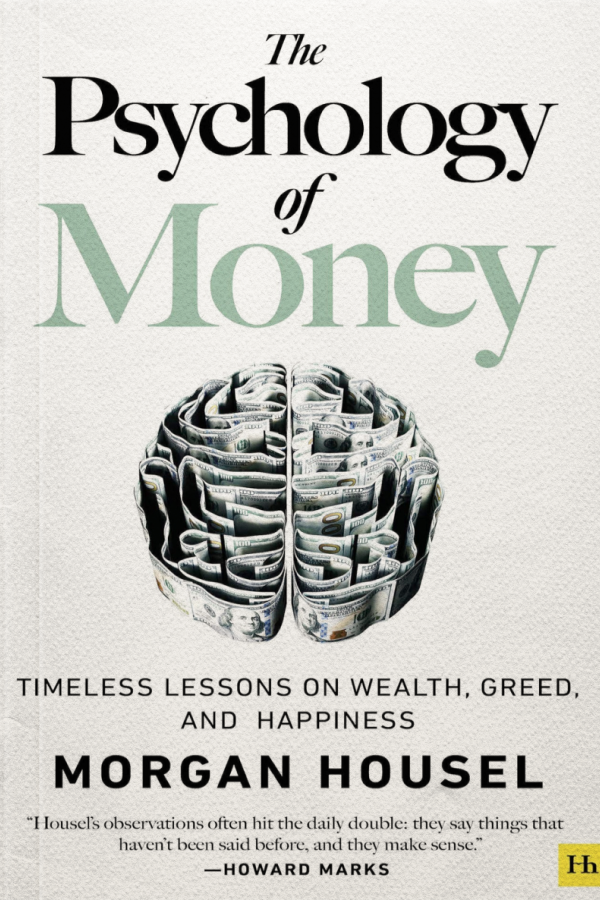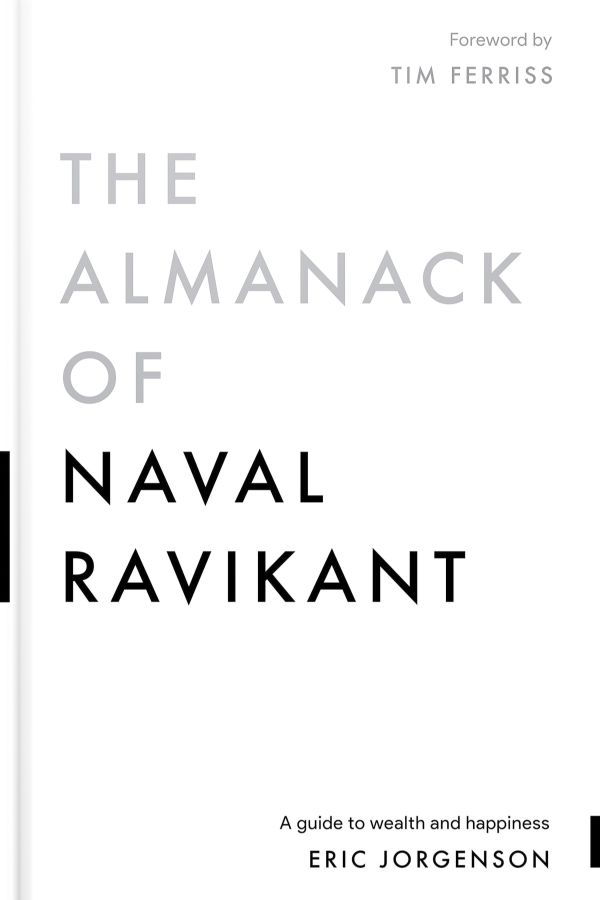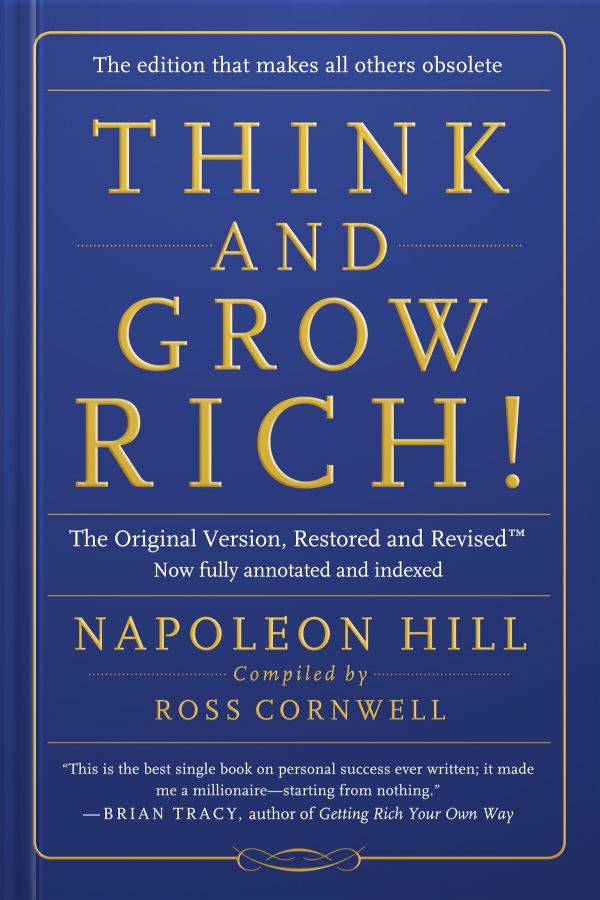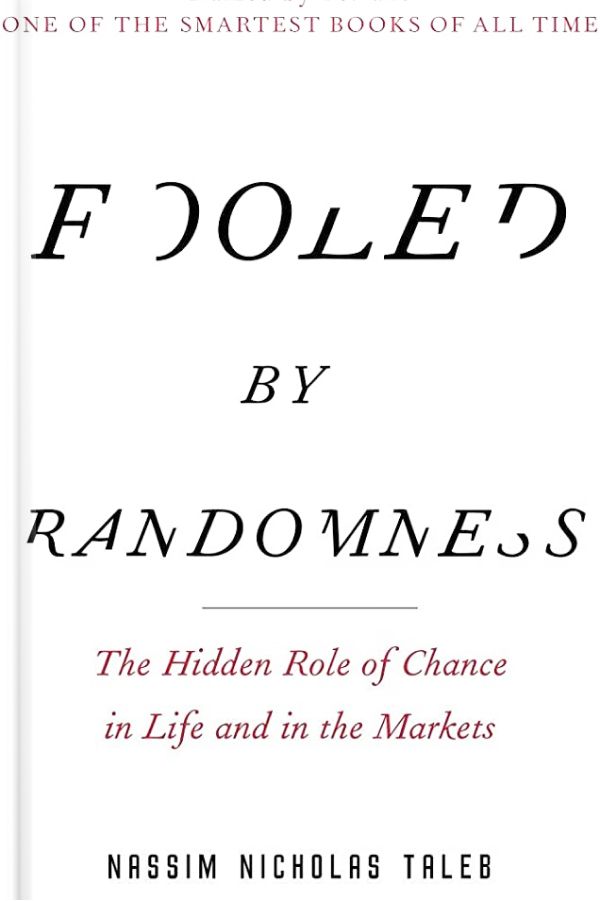
The Psychology of Money by Morgan Housel
1. The Power of Informed Decisions
When navigating the financial seas, information is your best ally. Decisions hinge on the intelligence available to us, filtered through our unique mental blueprint of the world.
In the wise words of Sherlock Holmes
“The world is full of obvious things which nobody by any chance observes.”
This wisdom applies to our financial decisions. We often overlook obvious economic cues like market trends or interest rates.
We must strive to observe, analyze, and apply these cues to our financial plans to combat this.
2. Choose Your Role Models Wisely
It's crucial to select those you admire wisely and identify the individuals you don't wish to emulate.
We often fall into the trap of believing we can replicate another's success just from reading the headlines.
Recognizing that success stories often don't disclose the whole picture is essential.
Instead, focus on understanding the journey and learning from the strategies employed.
3. The Art of Contentment
Achieving financial stability often feels like a never-ending race, especially in our consumer-driven world.
The capitalist system fuels a constant desire to acquire the latest gadget or item, a cycle that's hard to break.
As Housel points out, one of the most challenging financial skills is to get the goalpost to stop moving.
To find financial peace, we must learn to define and appreciate what "enough" means to us.
4. Harnessing the Power of Compound Interest
Warren Buffett, a prominent figure in Housel's book, underscores the potency of compound interest.
Buffett's substantial wealth wasn't amassed overnight but resulted from decades of patient investing.
The key is to let your money grow naturally, giving it time to multiply while avoiding unnecessary interventions.
5. Planning with Flexibility
While planning is essential, it's crucial to understand that plans are not set in stone.
The best plan anticipates changes and is flexible enough to adapt.
As Housel suggests, plan for the best-case scenario, but always be prepared for the worst-case scenario.
6. Embrace Probability
In the financial world, you can be wrong half the time and still prosper.
As Alice Hoffman says:
“Here’s the thing about luck…you don’t know if it’s good or bad until you have some perspective.”
It's about playing the long game in finances. Embrace Probability, and remember that financial success often depends more on endurance than quick wins.
7. Time: The Ultimate Investment
Housel asserts that money's primary worth is its ability to give you control over your time. Having unspent funds offers the flexibility to do what you want when you want.
Hence, managing time should be our primary focus, even above wealth accumulation.
8. The Virtue of Humility
Increasing your savings doesn't always mean increasing your income. Sometimes, it requires an increase in humility.
Ego often impedes our financial decisions, leading to unnecessary expenses.
By raising our humility, we can avoid this pitfall and foster smarter financial habits that support our long-term goals.
9. Invisible Wealth
True wealth is often unseen.
Modern capitalism encourages the illusion of 'faking it until you make it.' Rather than focusing on visible symbols of wealth, please pay attention to how people acquired it.
Apply those strategies to your situation, and you'll have a more realistic roadmap to financial success.
10. Embrace Diversification
There's one guarantee in finance: everything that can break will eventually break.
If you rely on a single income source, you're courting disaster. Diversifying your income streams and skillset is essential for financial stability, and it’s the best defense against the unpredictability of life.
As Housel notes, diversification isn't just a strategy; it's a necessity.
Armed with these insights from "The Psychology of Money," we can redefine our relationship with money and set ourselves on a path toward financial wisdom and stability.





























